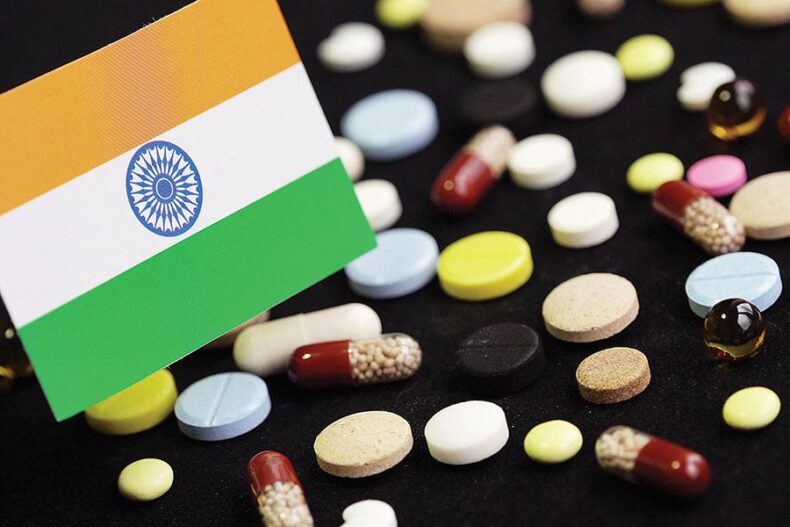As more member nations raise concerns about possible contamination or inferior medicine, the World Health Organization (WHO) is looking into more cough and fever treatments produced in India by pharmaceutical companies. Margaret Harris, a spokesman for the World Health Organization, was quoted as saying to a news outlet that “to date this situation has impacted more than 20 products with two countries of origin (India & Indonesia) and more than 15 different manufacturers.”
Sri Lanka bans drugs causing death of citizens
The issue caught attention of the WHO after deaths were recently reported in countries like Sri Lanka, Cameroon and Gambia last year. For a period of many years, India has been Sri Lanka’s primary supplier of medical goods. In 2022, India was responsible for about half of the country’s entire pharmaceutical imports, which amounted to around $450 million.
Following the fatality that occurred at a hospital in Sri Lanka recently, the topic of the quality of imported pharmaceuticals as well as the duty of Sri Lanka’s national drug regulator have returned to the forefront of the country’s news headlines. Regarding the apparent breakdown in quality control, a number of highly experienced medical professionals have referred to Sri Lanka’s “weak” regulatory framework as the “main problem” in the situation.
It is believed that the National Medicines Regulatory Authority (NMRA) is completely ineffective in its duties. Due to the removal of registration requirements, several types of medical procurements have been made without following the appropriate procedures or being accountable. This results in fatalities that may be attributed to the usage of such medications.
Incidents reported in parts of Africa
Based on a report by Bloomberg, the cough syrup that officials in Cameroon in central Africa assume was the cause of the sad deaths in the country includes markings suggesting that it was manufactured in India. According to statements made by the Health authority to the media, the Cameroonian authorities are still looking into the source of the sickness, and they want to conduct tests on the Naturcold samples that are related to the fatalities. According to their data, 12 children have been killed in instances linked to this up till June 5 of 2024.
The person in charge of public health also said that the cough syrup that was discussed before was not permitted to be imported into Cameroon and that it was most likely brought into the nation illegally.
According to Reuters, the pharmaceutical business in India provides over half of the products that are consumed in Africa. After at least seventy children in Gambia passed away in 2018 as a result of drinking cough syrup, India’s government said in April that its officials had conducted talks in Africa to guarantee that the country’s medication exports would not suffer as a result of the loss.
India to make GMP mandatory
Following complaints from nations including The Gambia, Uzbekistan, and the United States concerning India-made medications, the country’s drugs agency has moved to tighten down on poor quality drugs. For the purpose of maintaining the quality of medications manufactured and exported from India, the Union government is reportedly considering making good manufacturing practice (GMP) essential for all units manufacturing drugs in the nation.
Good Manufacturing Practices (GMP) are a set of procedures for ensuring that goods are consistently manufactured and regulated to meet set quality standards. It’s a requirement in many nations before pharmaceuticals may be sold or imported. These regulations apply to everything in the manufacturing process, including raw materials, infrastructure, employee education, and sanitation.













